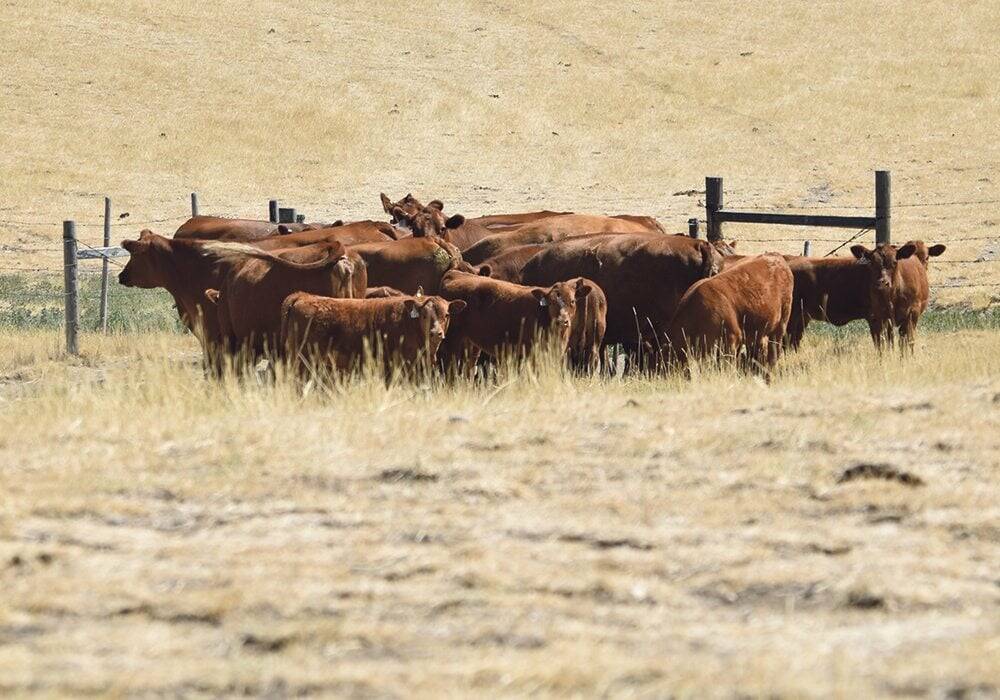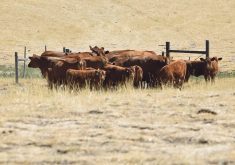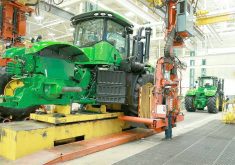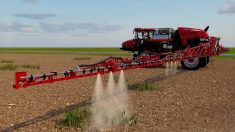The beef recall at XL Foods Inc. put the spotlight on additional E. coli interventions, with a good deal of the focus on the E. coli vaccine licensed in Canada. The Canadian Cattlemen’s Association believes that research is required to verify that the vaccination of cattle has a public health benefit by comparing beef products made from vaccinated and unvaccinated animals. The need for this work is also recognized by public health authorities.
Another consideration is that the vaccine does not reduce shedding by cattle of other types of pathogenic E. coli. These strains include the six additional types of E. coli (the so-called Big Six) that U.S. and Canadian beef processors are now required to test for in addition to E. coli 0157:H7. Unlike the vaccine, other types of food safety interventions such as irradiation, antimicrobial sprays or carcass pasteurization can reduce all types of foodborne pathogens.
Read Also

Canadian cattle industry has wins to shout about
Canada’s cattle management has become more efficient, more humane and more knowledgeable, but industry terms may not resonate with the general public
Challenges around the practical application of the vaccine — and not cost as was implied in some media coverage — have also tempered its use in the industry as a critical control point. The need for three separate injections spaced over a period of time plus a withdrawal period, and preventing vaccinated cattle from mixing with unvaccinated animals or those shedding E. coli; a determination that can’t be made visually, are the significant challenges cited by industry.
More than a decade ago, cattle producers submitted an application for the approval of ground beef irradiation to Health Canada recognizing that this is a proven and highly effective intervention. While Health Canada’s scientific review of our application was successfully completed, final approval has not yet been received. The CCA believes that Canadians should have the choice to purchase irradiated ground beef, as consumers in the U.S. do currently.
Canadian cattle producers strongly support the ultimate objective of reducing, and if possible eliminating, E. coli-related illness associated with beef. The Canadian cattle industry has made financial contributions to the development of the current vaccine and has instigated ongoing research projects which examine the effectiveness of multiple types of pre-harvest (on-farm) interventions. Currently, we are awaiting results of a trial which compares the effectiveness of the vaccine to a probiotic product mixed in feed. We have assembled an expert advisory of North American scientists from industry, government and academia to help us understand developments in the area of pre-harvest food safety interventions. In addition, Canadian cattle producers are providing financial support to research relating to food safety interventions which can be used inside processing facilities.














